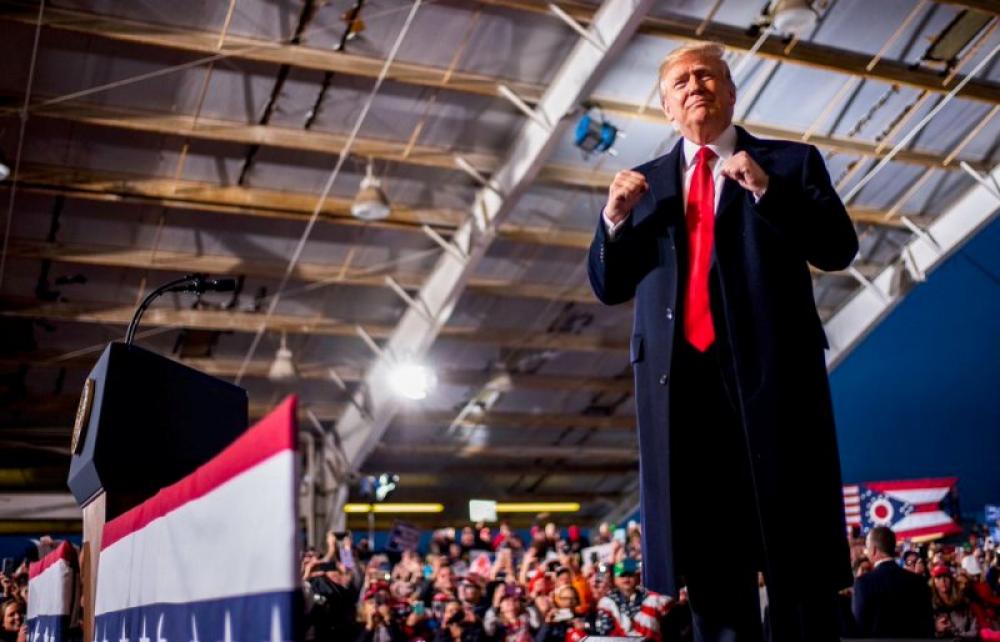Just Earth News | @justearthnews | 15 Oct 2018, 08:31 am Print

Washington: Changing his past stance about climate change, US President Donald Trump has said that he believes that it is not a hoax anymore, but accused scientists of having a political agenda.
Earlier, during his presidential campaign in 2016, he had termed climate change as a hoax.
During an interview, he told CBS's 60 Minutes on Sunday: "I don't think it's a hoax, I think there's probably a difference."
Trump added that he's unlikely to make any changes, while holding scientists accountable for having a "very big political agenda", pertaining to the issue.
"But I don't know that it's manmade. I will say this. I don't want to give trillions and trillions of dollars. I don't want to lose millions and millions of jobs. I don't want to be put at a disadvantage," the US President added.
Trump made the comments a week after a leading international climate body, Intergovernmental Panel on Climate Change (IPCC), warned the world of an average rise in global temperature by 3 degree Celsius.
Scientists have also said that the rapid rise in global temperatures is aggravated by human actions.
Other subjects Trump spoke about during the interview involved Russia's alleged meddling in the US presidential elections, migrants crisis and North Korea.
He said that apart from Russia, China too may have been involved in the alleged US election meddling.
About North Korea, he said that the US government was prepared to fight the Asian regime, two days before he assumed office.
Trump also accused Russian president Vladimir Putin of being involved in assassinations.
However, he added a 'probably' and said 'it's not in our country'.
The US President also said that people who enter the country illegally, would have to face consequences.
Image: twitter.com/realDonaldTrump
- Foreign submarine attack? Iranian ship sinks close to Sri Lanka, over 100 missing: Reports
- US orders non-essential personnel out of Karachi, Lahore consulates over 'security risks'
- Carl Pei teases colourful surprise as Nothing Phone (4a) debuts at MW, check out the release date
- Apple unveils stunning new studio display XDR with 2000 Nits brightness and thunderbolt 5, check out the price
- Middle East conflict: Drone hits near US Consulate in Dubai, Massive fire erupts





-1763561110.jpg)
